
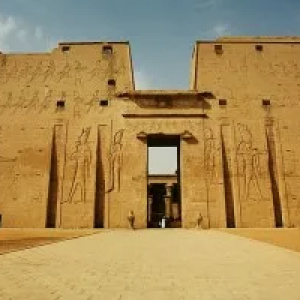
Located on the west bank of the Nile River in southern Egypt, is a city that has been an important center of worship for thousands of years. It is most famous for the Temple of Horus, one of the best-preserved ancient Egyptian temples in the country. This temple is dedicated to the falcon-headed god Horus, who was one of the most important deities in the ancient Egyptian pantheon. The city also played a significant role in ancient Egyptian history, particularly during the Ptolemaic period. In this article, we will explore the history and culture and why it continues to be an important destination for tourists and historians alike.

was known in ancient times as “Behdet”, which means “the place of the falcon”. The city was an important center of worship for the god Horus, who was believed to have been born there. The earliest known references date back to the Old Kingdom, but the city did not become a major center of power until the Ptolemaic period when the Ptolemaic pharaohs built the Temple of Horus.

During the Ptolemaic period, became a major religious and cultural center. The Ptolemaic pharaohs were known for their patronage of the arts and architecture, and the Temple of Horus is a testament to their love of grandiose and elaborate design. The temple was built over the course of several centuries, from the reign of Ptolemy III in the 3rd century BCE to the reign of Ptolemy XII in the 1st century BCE.
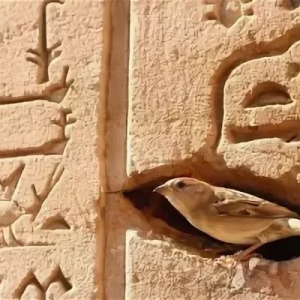
The Temple of Horus is one of the best-preserved ancient Egyptian temples in the country. It is a massive structure that covers an area of approximately 37,000 square meters. The temple is built in the traditional Egyptian style, with a large central courtyard, several hypostyle halls, and a sanctuary at the rear. The temple is adorned with numerous reliefs and hieroglyphics, depicting scenes from ancient Egyptian mythology and history.

The Temple of Horus was designed to be a symbol of the power and prestige of the Ptolemaic pharaohs. It was also designed to be a place of worship for the god Horus, who was believed to have been born. The temple was a site of pilgrimage for thousands of years, and it continues to be an important destination for tourists and scholars today.
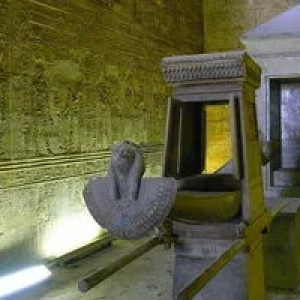
One of the most famous events in ancient Egyptian history was the Festival, which was held annually at the Temple of Horus. The festival was a celebration of the victory of Horus over his uncle Seth, who had murdered his father Osiris. The festival was a time of great revelry, with processions, feasts, and theatrical performances.
The Festival was also an important political event. It was a time for the pharaoh to demonstrate his power and authority, and reaffirm his commitment to the gods. The festival was attended by people from all over Egypt, and it was a time of great national unity and pride.
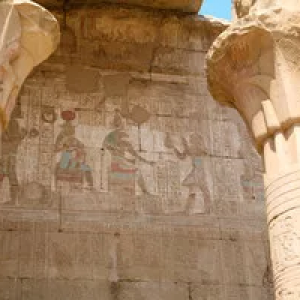
Today is a small city with a population of approximately 120,000 people. Despite its size, it remains an important cultural and historical destination for tourists and scholars. The Temple of Horus continues to be the main attraction and it is open to visitors year-round.
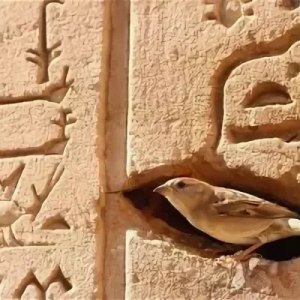
In recent years, there have been efforts to improve the infrastructure and amenities in to make it a more comfortable destination for visitors. This includes the development of new hotels, restaurants, and other tourist facilities. However, the city still retains its traditional character, with many of its residents living in traditional mud-brick houses and working in agriculture and animal husbandry.
is a city with a rich and complex history, spanning thousands of years. Its Temple of Horus is a magnificent testament to the grandeur and power of the ancient Egyptian pharaohs, while the Festival was a time of great national unity and pride. Today it remains an important destination for tourists and scholars who want to explore the rich history and culture of Ancient Egypt. With its unique blend of ancient and modern, is truly a city that should not be missed.